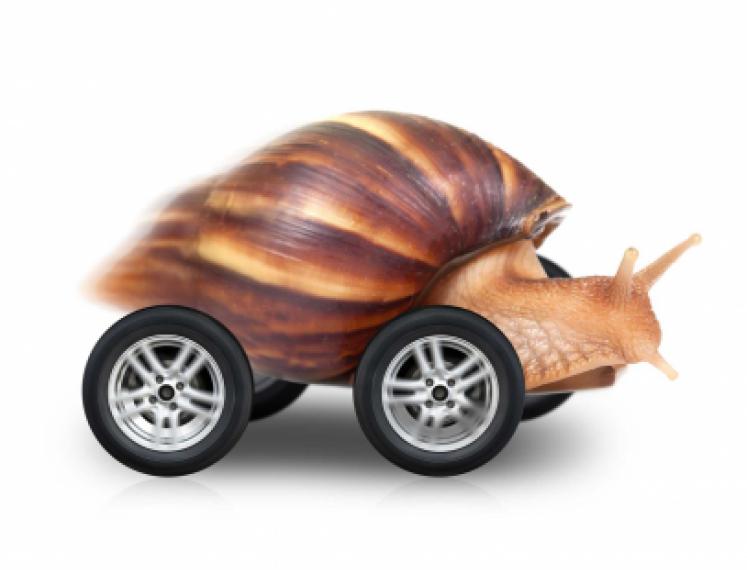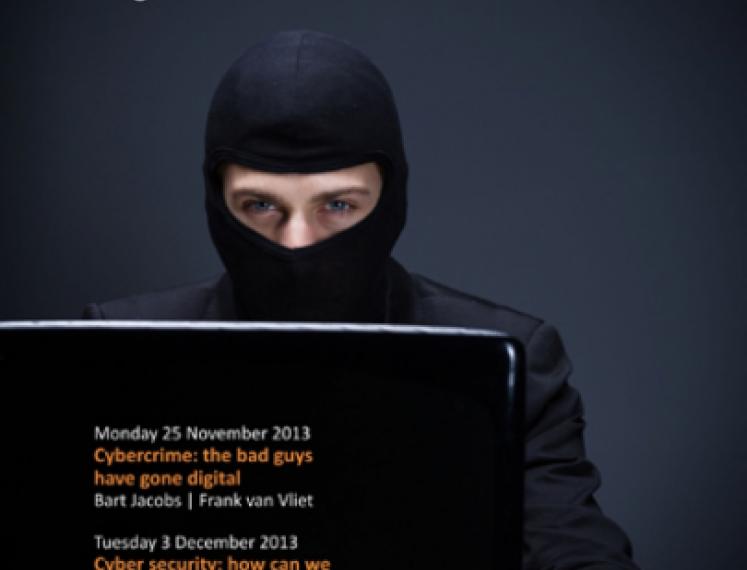Punishing the Poor
How do the countries of Western Europe treat their underprivileged citizens as inequality and poverty rise in concert with the deregulation of the economy? Loïc Wacquant argues that advanced societies have moved from the social-welfare management of the poor to the penal management of urban marginality via the police, courts, and prison. This punitive turn does not pertain to the simple diptych of ‘crime and punishment’. It heralds the establishment of a new government of social insecurity aimed at fashioning the behavior of the men and women caught up in the turbulences of economic deregulation and of the reconversion of welfare into workfare. Within this ‘liberal-paternalist’ system, the prison has recovered its original mission: to tame the populations and prevent rebellion against the emerging economic and moral order.
This punitive politics of poverty was invented in the United States in reaction to the progressive movement of the 1960s and the ghetto riots. It is now being fostered by right-wing and left-wing politicians alike throughout Europe. How is this importation effected? What does it portend for the Netherlands? What can be done to prevent political elites everywhere from using the prison as a social vacuum cleaner of the market society?
Loïc Wacquant (1960) is a French sociologist, specializing in urban sociology, theory, and ethnography. He is Professor of Sociology at the University of California, Berkeley, and Researcher at the Centre de Sociologie Européenne in Paris. A student and close collaborator of the acclaimed French sociologist Pierre Bourdieu (1930-2002), Wacquant has published over one hundred articles and several books translated in a dozen languages. They include Body & Soul: Noteboooks of an Apprentice Boxer (2004), Pierre Bourdieu and Democratic Politics'(2005), and Urban Outcasts: A Comparative Sociology of Urban Marginality (2007). In December 2006, his latest book was published in Dutch by EPO as Straf de Armen. Het nieuwe beleid van de sociale onzekerheid. Wacquant’s signal research was conducted in prisons and poor neighborhoods in the US, Brazil, and France. He has also done extensive fieldwork in a boxing ring in Chicago, where he learned the craft of prizefighting and fought in the Golden Gloves tournament.
Paul Kalma is a sociologist and a member of the Dutch Parliament for the Labour Party (PvdA) since December 2006. He was director of the Wiarda Beckman Stichting, the scientific bureau of the Labour Party. In this position, he warned his party for a too liberal trend and advocated a revaluation of the traditional social democratic views.



